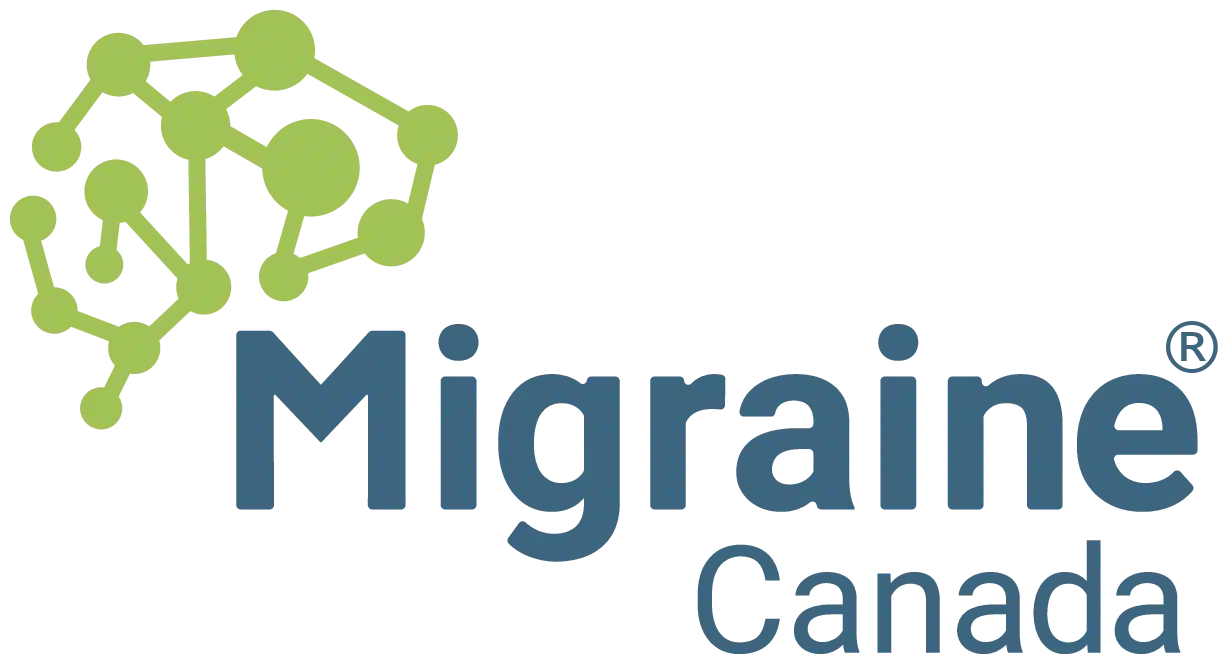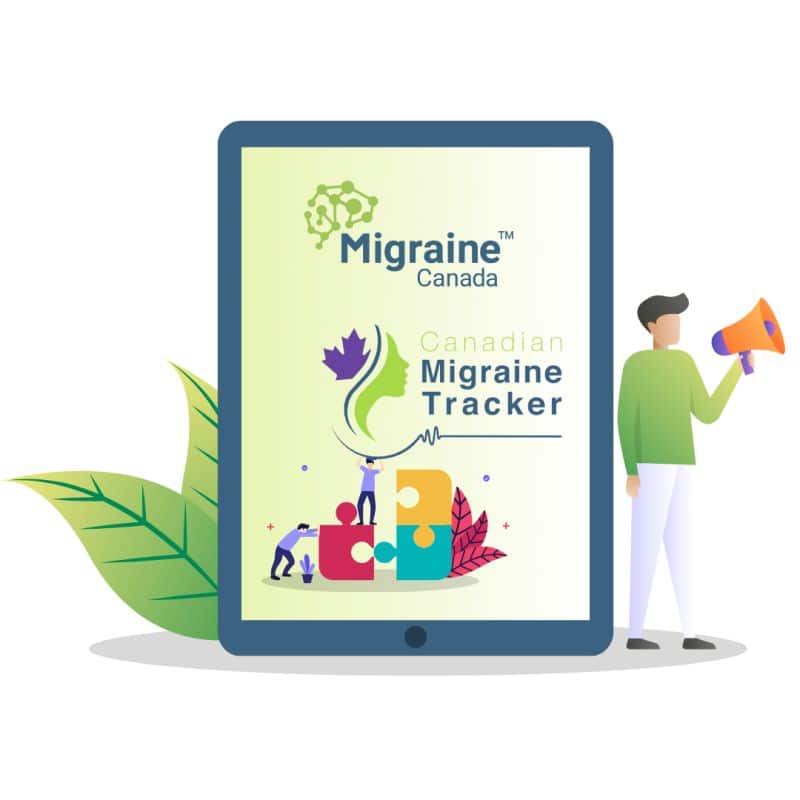Nutrition is a crucial aspect of lifestyle that deserves attention when managing migraine. Migraine is a complex neurobiochemical process, affecting both the nervous and biochemical systems of the body. Just as engines need the right fuel to function, our bodies require proper nutrition to operate efficiently. For individuals prone to migraine attacks, it is crucial to pay extra attention to dietary habits and nutritional intake, as changes in diet can alter body chemistry and potentially trigger migraine.
This guide explores the importance of healthy dietary habits and basic nutrition in managing migraine. Learn how consistent meal times, hydration, and balanced diets can make a significant difference. Discover practical recommendations for individuals with migraine and their loved ones to navigate these dietary challenges and promote better health and well-being.
Focus on Dietary Habits Before Food Triggers
While many sources of migraine information emphasize identifying specific food triggers for migraine, this guide encourages examining overall dietary habits and basic nutrition first (i.e., looking at how you eat before looking at what you eat). One study showed that 31% of people with migraine reported specific foods as triggers, while 43% cited missing a meal as a trigger. As such, establishing healthy eating habits, such as regular meal times, should be prioritized. Once these habits are in place, the focus can then shift to identifying specific foods that may trigger migraine.
Nutrition Questions for Self-Reflection:
- Are you familiar with Canada’s Food Guide?
- Do you eat a healthy, well-balanced diet rich in vitamins and minerals?
- Do you eat at least 3 meals per day?
- Do you eat snacks between meals?
- Have you identified any food triggers for your migraine?
- Do you drink at least 2 litres of water per day?
If you answered NO to most of these questions, please review the following recommendations.
Nutrition and Migraine: Recommendations
The nutritional guidelines for individuals with migraine are similar to general healthy eating principles. Specific foods, additives, and preservatives can be potential migraine triggers. Here are some basic suggestions for healthy nutrition that may help manage migraine:
- Examine Your Dietary Habits and Intake:
- Follow a well-balanced diet as suggested by Canada’s Food Guide.
- Eat regular meals at consistent times each day, ideally every 4 hours.
- If frequent meals are not possible, have small, carbohydrate-rich snacks between meals.
- Avoid skipping meals to prevent low blood sugar levels.
- Ensure you eat breakfast to stabilize blood sugar and provide energy for the day.
- Hydration:
- Drink a minimum of 2-3 litres of water per day to stay hydrated.
- Limit caffeinated beverages to 1-2 cups per day, including tea, coffee, and soda. When possible, opt for decaffeinated options.
- Food Choices:
- Avoid simple sugars and carbohydrates (e.g., candy), especially on an empty stomach.
- Choose low glycemic index foods, like multi-grain bread over white bread, to manage blood sugars better. To learn more about glycemic indexes, visit the Diabetes Canada website.
- Planning & Preparation
- Avoid identified food triggers whenever possible.
- Pack food for work or travel to ensure you know exactly what you are eating.
- Carry snacks for situations where you might miss a meal (e.g., caught in traffic).
- Plan meals according to your schedule to avoid eating out or consuming less nutritious options.
- Medication Awareness:
- Be aware of medication side effects that can suppress or stimulate appetite.
- Discuss any concerns with your doctor, especially if you experience nausea or vomiting with migraine. Bland foods and electrolyte replacement drinks may help maintain nutritional intake and hydration.
Review this checklist of healthy dietary changes that may help with your migraine.
References
- Robbins, L. 1994. Precipitating Factors in Migraine: A Retrospective Review of 494 Patients. Headache. Apr.;34(4),214-216.



